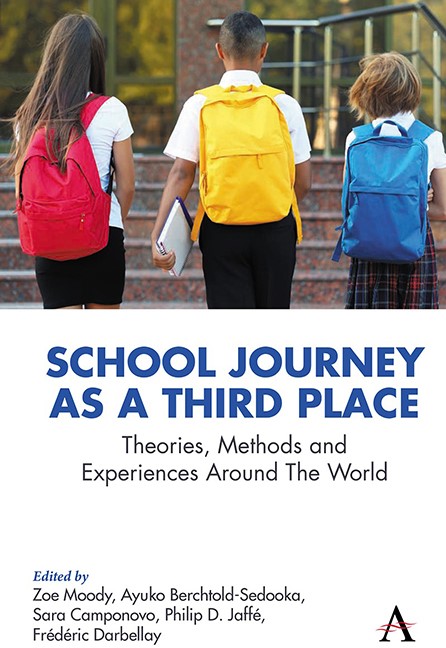Chapter 9 - The Spatial Distribution of the Walking School Bus: An Interactionist Approach, Environment–Family
Published online by Cambridge University Press: 14 November 2023
Summary
Introduction
The objective of this chapter is to study the effects of a sustainable mobility object that has received little scholarly attention: the walking school bus (WSB). The chapter is based on a thesis work in urbanism and spatial planning (2018) and a project on the Emerging Risks of Sustainable Mobility (ANR-14-CE22-0010).
Ordinary as it may seem at first glance, the WSB has received extensive media coverage and political attention, as well as arousing genuine enthusiasm among some parents. While many have sought to promote it and advocate its qualities, it has featured little – one would say not enough – interest in the scientific community. Like other sustainable mobility objects (e.g. trams, selfservice bikes, ridesharing), this pedestrian version of the ‘school run’ has been targeted in communication campaigns intended to persuade people to shift their travel behaviours from the car to active modes, justified on the grounds of sustainable development and well-being (Pigalle 2021). Based on the concept of free modal choice, these publicity campaigns employ several discursive registers: empowerment, infantilisation, moralism or stigmatisation. They single out and classify ‘right’ and ‘wrong’ behaviours, ‘good’ and ‘bad’ users. This application of ideology in public policies tends to individualise social problems and to discipline urban behaviours, an approach that undermines critical standpoints and the organisation of collective opposition to public policies (Reigner 2016). Several authors have already shown the negative effects of this type of framing in terms of socio-spatial inequalities (Reigner and Brenac 2019). This framing is found not only in mobility and transport policies, but is also observable in obesity prevention campaigns (Bergeron et al. 2019), campaigns on household waste sorting and collection (Barbier 2002; Dumain and Rocher 2017; Rumpala 1999), on lifestyle patterns justified on sustainable city grounds (Boissonade 2015), on the control of domestic energy consumption (Levy et al. 2014, 2; Roudil 2018) or on household diet where differences are in reality governed by socio-economic factors (Plessz et al. 2016).
It would therefore seem worthwhile to explore the effects of little studied objects like the WSB, which are highly sensitive and difficult to challenge when child well-being is involved.
- Type
- Chapter
- Information
- School Journey as a Third PlaceTheories, Methods and Experiences around the World, pp. 187 - 212Publisher: Anthem PressPrint publication year: 2023



